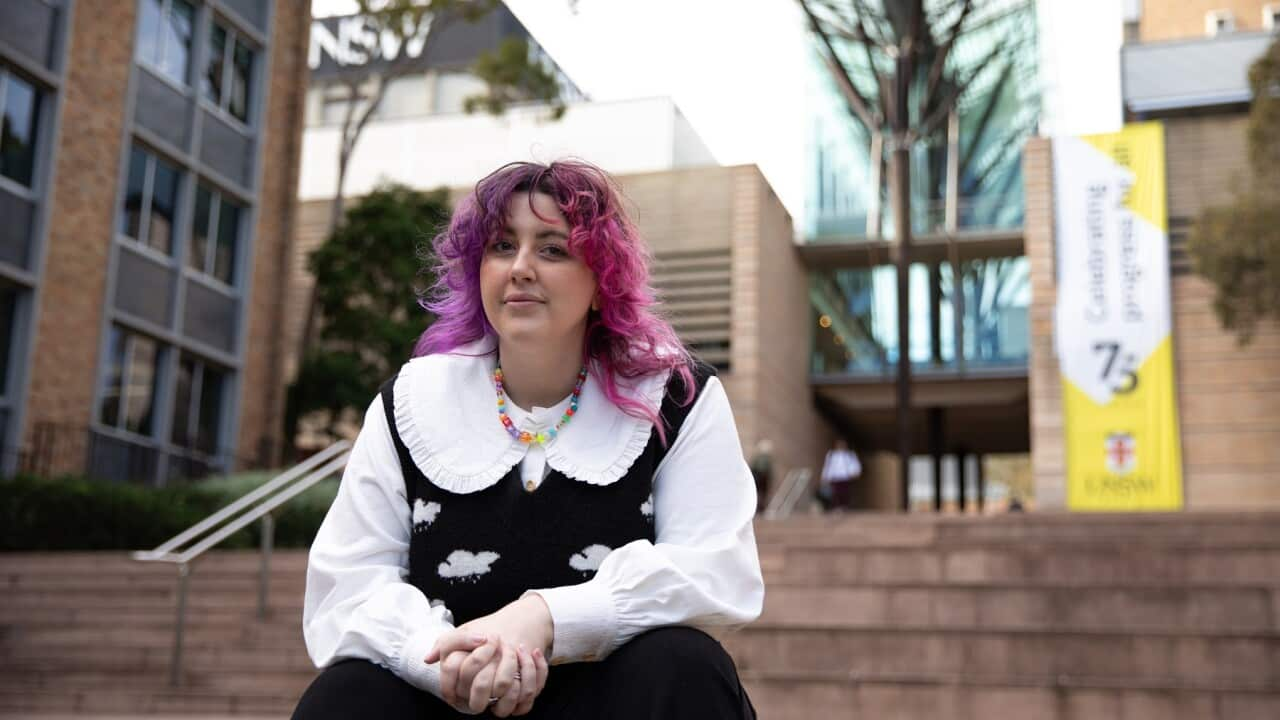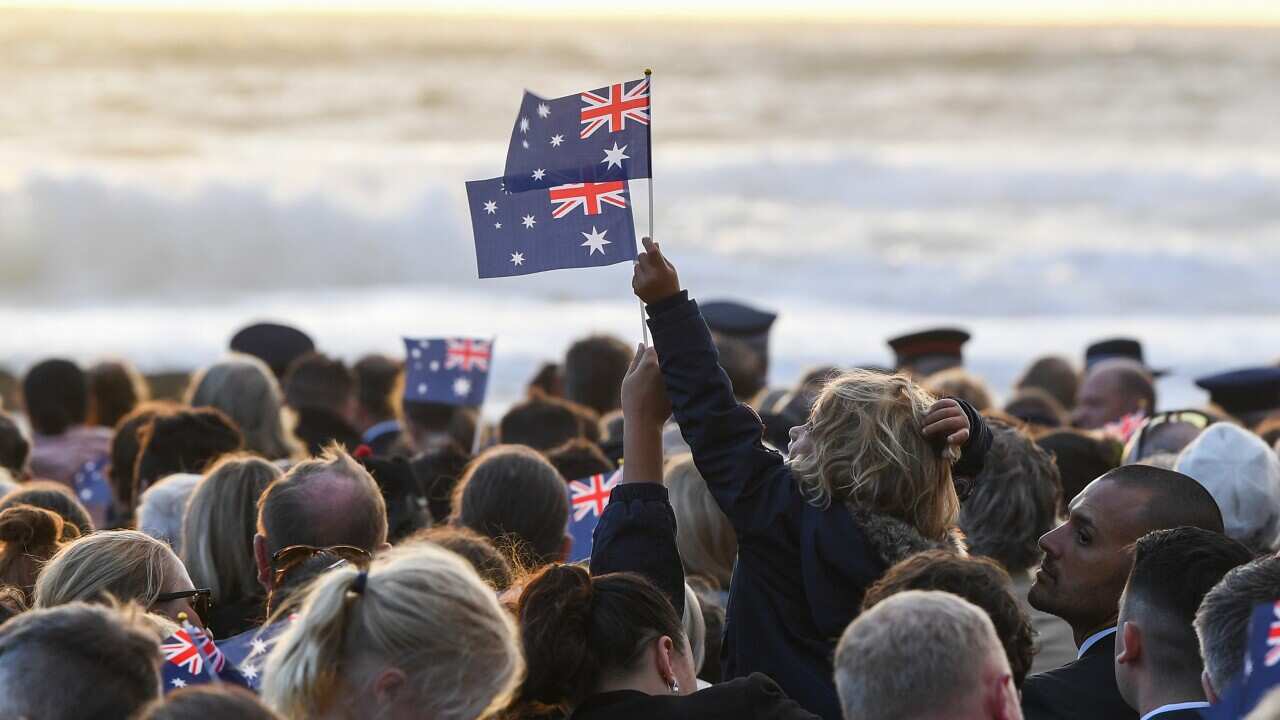TRANSCRIPT
They're platforms used by billions daily - Aand now there are fears they will become hotbeds for hate.
"Something that can seem like a small comment online can just be like the last straw for someone that can send them into a really dark place."
That was 35 year-old Chantel who identifies as non-binary and lives with an eating disorder.
They're worried about confronting hate online ever since social media giant Meta changed its community guidelines in January.
"I don't know what I'm going to see when I open up my phone, and I put a lot of work into curating a really nice feed. And I want to make sure it stays a safe place for me and also for my community and my friends. I personally have experienced some online bullying, it all just builds up over time."
Among the changes includes scrapping their fact-checkers, used to moderate mis- and disinformation online.
Under their hateful conduct guidelines, users are now allowed to refer to LGBTIQ+ people as mentally ill.
Meta also removed previous measures banning women from being compared to household objects.
This has sparked fears among mental health advocates like Butterfly Foundation's spokeswoman Mel Wilton.
"So when people are exposed to, vulnerable communities are exposed to, vulnerable communities are exposed to hateful and harmful content, that's just another burden for them to have to try and deal with and can certainly be very triggering for eating behaviours."
Especially since, as Ms Wilton adds, the LGBTIQ+ community already face higher rates of mental illness.
"We in fact estimate that two thirds of trans people have either had an eating disorder or disordered eating experiences. 68% of young people aged between 12 and 18 said social media made them feel worse about their bodies and that they were impacted by the content that they saw on social media. And that's before those controls were taken away."
And it's not just eating disorders to be concerned about, as lead clinical psychologist from Beyond Blue, Dr Luke Martin, explains.
"It's very othering and in many cases it's quite dehumanising. And so when someone is really attached in that way just for being who they are, it can be very very distressing. so this change to the protocols which kind of limits the protections in place so they're being exposed to more harmful and abusive and hateful content is very concerning from a mental health perspective. From a group of people who can already feel quite marginalised, the last thing we need is to kind of add to that experience."
There are reports of increasing hate already fuelling fear among vulnerable users like Chantel.
"Certain communities have been quite emboldened in their hate speech and phobias around certain minority groups. Stress, and sense of belonging, and people's safety has a lot to do with it as well. And when that's taken away from them, that can really have a lot to do with it as well."
Meta CEO Mark Zuckerberg's announcement is being described as timely by social media experts, including Dr Jennifer Beckett from Melbourne University.
"He admitted in actually the presentation he gave about the changes - that he was following the current political tide. Now Mark Zuckerberg has a lot of potential problems around regulatory issues in the US at the moment, so bowing the knee to Trump is potentially one way for him to protect himself in those upcoming cases. So this is really all about bending the knee to Donald Trump."
While European Union legislation means users can report hate speech online, Australia's anti-discrimination laws aren't as strong.
"The problem that we have is if users are doing this from the US, there is nothing we can really do about it unless they directly target an Australian citizen and it falls under Australian law. But it will be very very hard to say take a US citizen up to court in Australia based on the anti-discrimination act here."
The e-Safety Commissioner said in a statement to SBS that Meta is required to comply with Australia's Online Safety Act, which aims to protect Australians from the most harmful content including child sexual abuse material, terrorism and image-based abuse.
Meta said they wouldn't share a statement at this time.
Minister for Communications Michelle Rowland also told SBS any hateful conduct that targets individuals or communities, whether in person or online, is completely unacceptable.
Her statement went on to say that the Albanese government has already introduced landmark reform to strengthen hate speech laws.
However, the current Online Safety Act only enables individuals to report online harms directed at them personally, rather than if the abusive language is directed at a class or group.
Dr Beckett says addressing online hate would require international cooperation.
"Effectively what one could hope for is that globally we kind of have a sort of internet governance Interpol organisation, and we all have very similar laws and kind of speak to one another, and there's a sort of inter-jurisdictionality. That is what we would need to combat these kinds of behaviours from these platforms."
The government also recently banned under 16s from using social media but Chantel is among those critical of this measure.
"I found out about the queer community and that there were people out there like me through online spaces. And a lot of my friendships were also created through online spaces, so denying people the right to access that is not in line with human rights."
Without social media, Chantel says they also wouldn't have discovered helpful resources to address their eating disorder.
"The more that I see a rise of this hateful speech, this dehumanisation of minority groups, like the queer community, women, disabled people, immigrants, people of colour, Indigenous people, it's really concerning to think about the impact that's going to have in our community, and people I love and care about."













